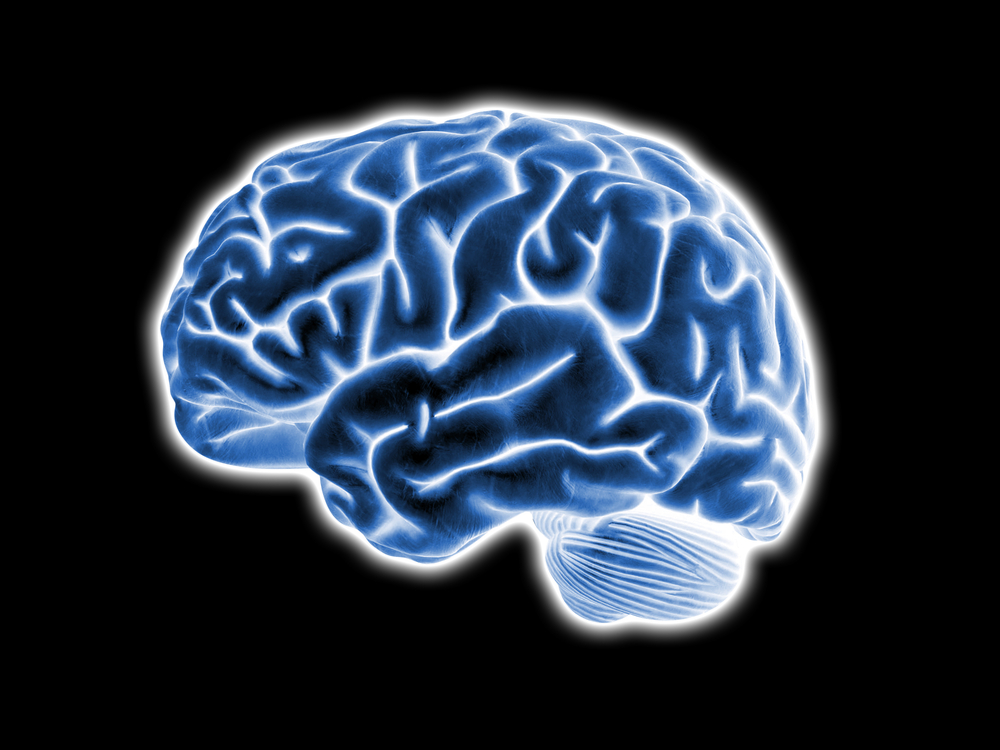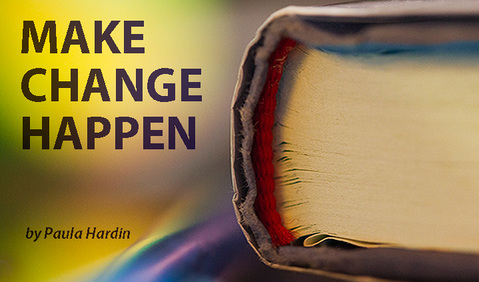Donating to the Rocky Mountain MS Center Tissue Bank
Written by |


Brain donation for multiple sclerosis research optimizes the chances that a cure might be discovered. It might result in a vaccine or other preemptive strike to prevent the disability from starting in the first place. As addressed in a previous column, there is a shortage of brains for MS-related research.
A reader named Michele mentioned Rocky Mountain MS Center Tissue Bank (RMMSCTB), which accepts donations from anywhere in the U.S. However, the choke point of the system is having a pathologist ready to go when it’s time to remove the brain.
As stated on its website, becoming an enrolled donor with the RMMSCTB may not guarantee that tissue will be accepted for donation. “The RMMCS Tissue Bank will try to accommodate every incoming donation; however, not all circumstances are optimal for tissue acquisition. Time constraints and location of a local pathologist are often the largest issues. Potential donors can combat these issues by locating a pathologist in their area of residence, and instructing their next-of-kin to call the on-call tissue bank coordinator as soon as possible after death, or before, if death is imminent.”
Organ transplantation not advised for people with MS
Oh my gosh, RMMSCTB does not advise organ donation! Maybe this has always been the case, but I didn’t know it: What if one has already willed one’s body for transplantation?
Since a virus may cause MS, the RMMSCTB does not recommend donating organs such as eyes, kidneys or other organs for transplantation.
The RMMSCTB center does pay for some costs, including tissue transportation. Based on the emphasis on tissue, and the time delays they allow, it does not sound as if they take the whole brain. Rather, they just have a local pathologist take tissue samples, which is still a good idea.
Once again, though, no funds are provided toward a funeral for the remains.
Please note: Sites I have checked all make the point that brain or brain tissue donation DOES NOT disfigure the body, including the head. This means that after the autopsy, open-casket funerals are possible. This fact might be very important to you or to your next of kin in charge of facilitating the donation and carrying out your wishes for burial.
Can you donate your entire body?
According to RMMSCTB, “No. The Tissue Bank can only accept CNS tissue, the brain, spinal cord, optic nerve and cerebral spinal fluid. The remains after the removal of tissue harvest must be released to a funeral home or mortuary of the family’s choice.”
This might be a really good option, as well. In my case, because I had optic neuritis and went blind in my left eye for 6 months or so, my optic nerve might provide some clues. I also have ongoing issues with double vision. Since I had had a broken back and subsequent spinal fusion, no medical assessment of my spinal fluid was ever taken pre-diagnosis or post-diagnosis.
Medical records could be useful, too
I don’t know yet if medical records are accepted, solicited, or useful to researchers, but I will try my best to find out. Privacy and disassociating the donation from the donor probably requires the disconnect between the records and the brain/tissue.
That surely must cripple research, since no patterns of other triggers can be identified without medical records. For example, the association between mononucleosis and subsequent MS or head injuries seemed to be patterns of interest at one time or another. But a brain donation without full medical history never could provide those clues. Perhaps another effort to permit signing medical information releases for medical history records needs to happen.
There is a high volume of interest in this topic. I will continue to research and report on other places that accept brain and tissue donations for MS research. More information about brain AND tissue donation will form a series of columns, so please check back.
***
Note: Multiple Sclerosis News Today is strictly a news and information website about the disease. It does not provide medical advice, diagnosis, or treatment. This content is not intended to be a substitute for professional medical advice, diagnosis, or treatment. Always seek the advice of your physician or other qualified health provider with any questions you may have regarding a medical condition. Never disregard professional medical advice or delay in seeking it because of something you have read on this website. The opinions expressed in this column are not those of Multiple Sclerosis News Today, or its parent company, Bionews Services, and are intended to spark discussion about issues pertaining to multiple sclerosis.



Laura Kolaczkowski
I am a card carry member of the RMMSC brain donor program. I have coordinated this donation with my local university medical school. They operate an anatomical donation program (entire program) for medical students to learn from cadavers. They only accept WHOLE bodies - no organ donation- and the only exception they make is for brain tissue for neurological studies. So I also carry that card.
There is a hitch to this all - brain tissue must be harvested in a relatively short period of time to be of use to reserchers. It's a complex task to figure it all out, but well worth my knowing this is done. My family all knows my wishes.
In case you are wondering - once the work is complete on my body, it will be cremated and the surviving family members can choose to either take my ashes or the university will bury them in their quiet cemetery on campus. That happens about one year after passing.
A plus for donating is my family will have none of the usual funeral expenses.
The NIH is also looking for brain donors and is another good place to work with. I hope this is of use to someone.
Laura
Engaging Thoughts
Laura Kolaczkowski
oops - should have proof read before hitting that send button. Here are the key corrections -
I am a card CARRYING member.
It is a (whole BODY) donation program